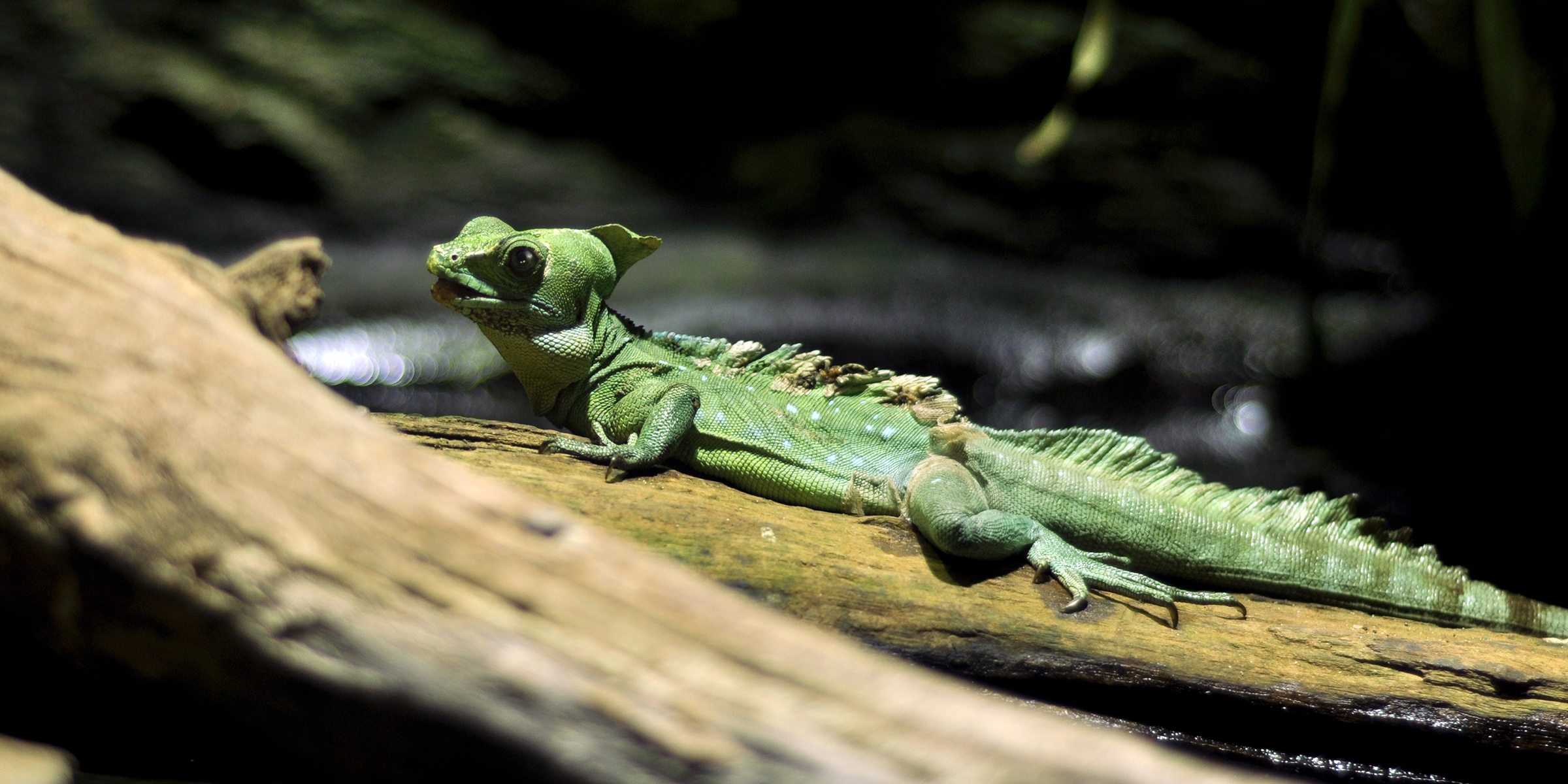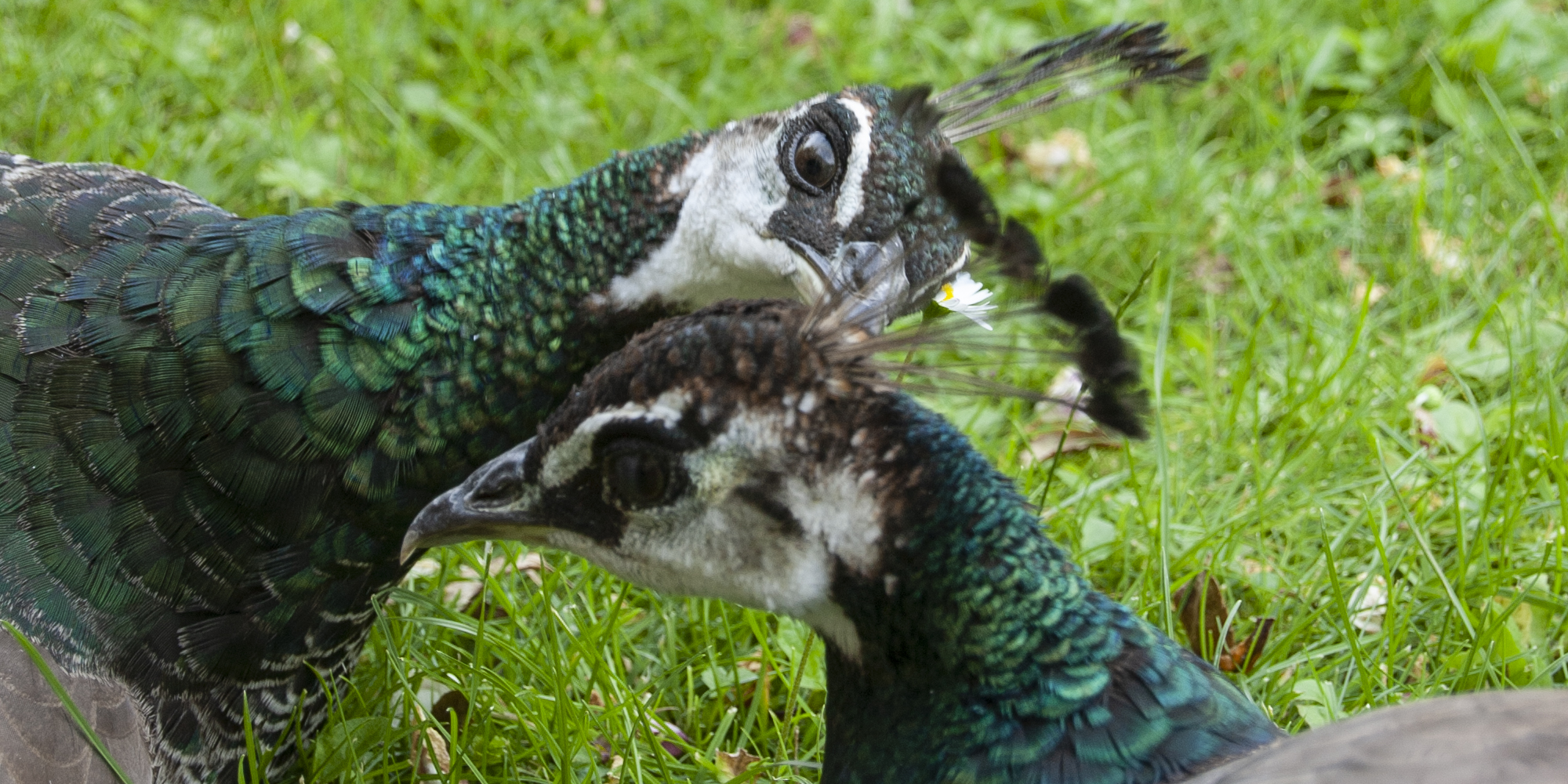Why should we look to the past in order to prepare for the future? Because there is nowhere else to look.
…is a quote by science historian James Burke, inscribed on one of the walls of the National Museum of Antiquities in Leiden. As an archaeologist, I believe he is right, but this quote and others similar sometimes feel like worn-out clichés. Nobody ever seems to heed the lessons we can clearly learn from the past, from invading Russia while having access to history books telling you it is a very, very bad idea, to climate denial in the face of detailed knowledge about what disastrous events even small oscillations in temperature can cause.
And recently, forces across the globe are taking this denial a step further by actively attacking the importance and the role of science in society. Anybody with a degree at Google University feels their opinion is on a par with scientific consensus and should be considered with equal validity. And the current government of the United States advocates the teaching of evolution as ‘theory’ instead of fact (thereby deliberately corrupting the meaning of the word ‘theory’ in science) and calls global warming a ‘Chinese conspiracy.’ They ridicule science and scientists as fantasists, or even corrupt agents of industry (‘Big Pharma’) and the internet follows suit.
And that is a terribly dangerous development. I am not saying that out of arrogance, or because my ego is bruised, I am saying that because society needs science! Not only to provide actual facts for politicians to politicise with, instead of the other way around but also because science is not all about global warming, nuclear fusion and finding a way to end world hunger. It influences countless smaller, daily, but crucial things in our lives.
Our entire way of existing merely is impossible without science. Science, as a method, may only be a few centuries old. Still, science as an idea, as a state of mind is positively ancient. And not the exclusive domain of scientists. The notion that you can adapt your environment to improve your life, not accepting the status quo, finding ways to improve things, learning from your mistakes and successes, starting over again and again in the face of failure, all that begins when the first hominid comes up with the idea of shaping a piece of stone to improve its function, even if these ideas are not deliberately formulated. Or rather, perhaps with another hominid who sees what is going on and figures he can do one better.
The beauty is that this thirst for innovation is, in essence, not human property. It is a pure exponent of natural selection, as we can see over and over again with countless other animals on the same path. That path does not necessarily follow the same trajectory as ours. I’m not saying that crows turning sticks into tools ‘do’ science. Still, this process is definitely the root of all things scientific, and of our insanely complicated and technology-driven way of life and its commodities.
It is that process of constant trial and error, which eventually branched off into a ‘separate’ discipline called science somewhere around half past Middle Ages. Still, the branch is inseparably intertwined with the rest of society. Almost every aspect of today’s way of life is rooted in a cumulative body of knowledge resulting from scientific research. Science benefits you!




